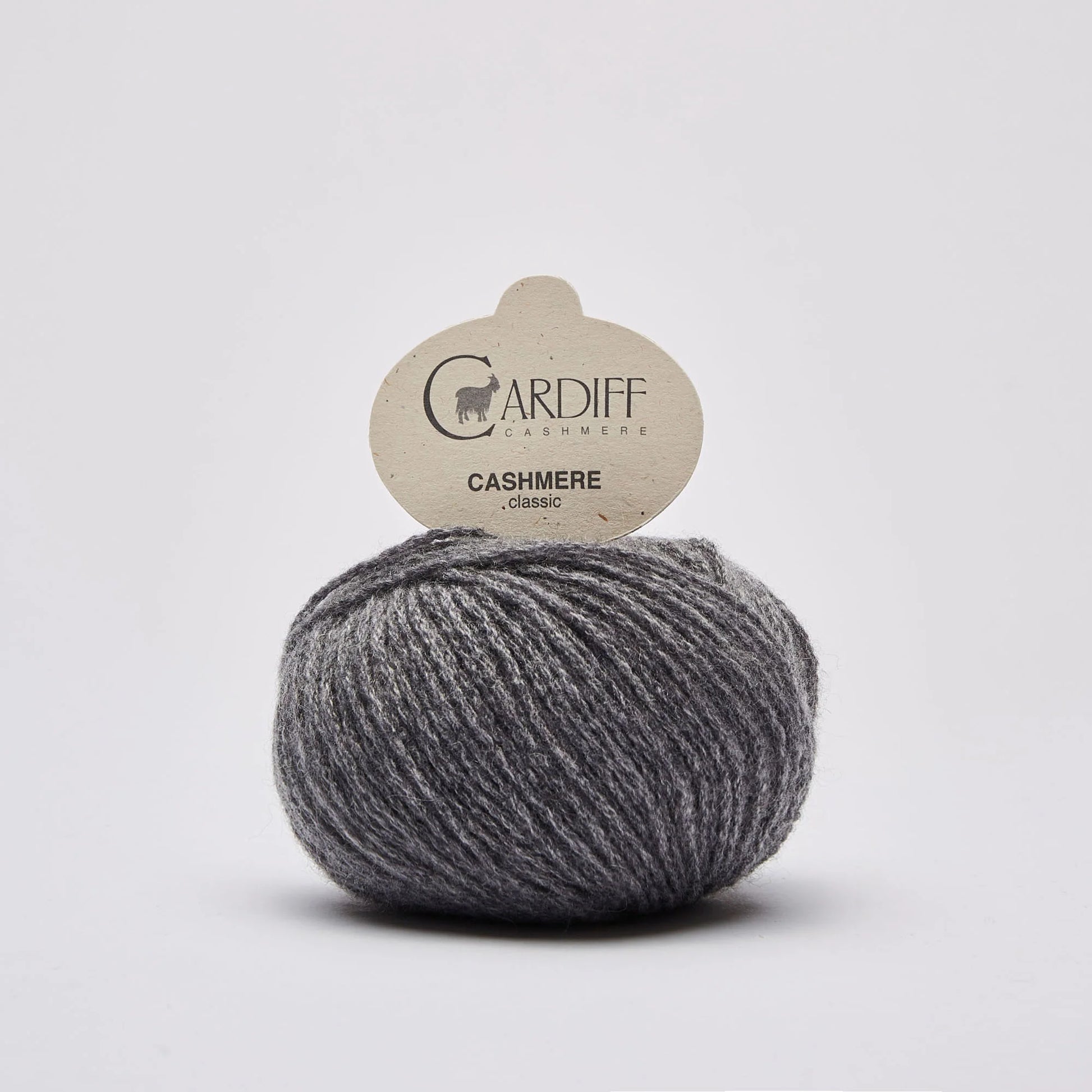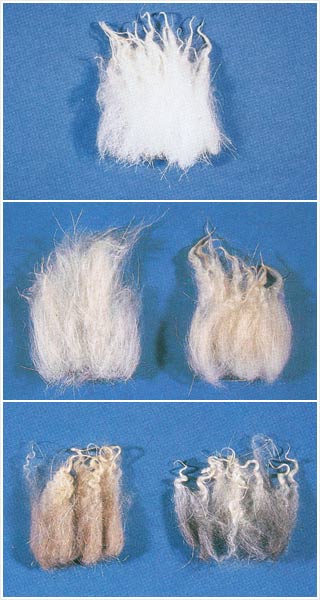The Facts Behind Is Cashmere a Natural Fiber and Its Eco-Friendly Appeal
The Facts Behind Is Cashmere a Natural Fiber and Its Eco-Friendly Appeal
Blog Article
Discover the Attraction of Cashmere a Natural Fiber: Why It's a Must-Have in Your Wardrobe
The allure of cashmere, a deluxe all-natural fiber, goes beyond plain aesthetic appeals. Originating from the Kashmir region, this lightweight yet resilient material has woven its way right into high-end fashion due to its distinct residential or commercial properties and functional allure. From reviewing its interesting origin to understanding its manufacturing treatment, high quality, and procedure, it's worth exploring why cashmere holds such a special area worldwide of textiles. Discover the refinement and compound of this fiber as we start an exploration of its attraction.

The Origin and Background of Cashmere: A Brief Summary
While several might view cashmere as a basic deluxe, its history is soaked in abundant cultural tradition. Stemming from the Kashmir region in India, cashmere woollen has actually been generated for thousands of years. The fiber is acquired from the soft undercoat of cashmere goats, harvested during their molting period.
Understanding the Unique Properties of Cashmere Fiber
While various other products might use down over time, cashmere retains its high quality, guaranteeing durable wear. Cashmere possesses a special aesthetic appeal. Comprehending these residential or commercial properties makes clear why cashmere is not simply a luxury, however a worthwhile financial investment for any kind of closet.

The Refine of Making Cashmere: From Goat to Garment
To appreciate the elegant residential properties of cashmere completely, one should recognize its trip from the raw fiber to the ended up product. The process starts with the cashmere goats, predominantly located in Mongolia, China, and Iran. The soft undercoat of these goats, collected throughout their all-natural molting period in springtime, supplies the raw material. This fragile fiber is after that carefully separated from the coarser outer hair in a labor-intensive procedure called dehairing. The pure cashmere is then colored, rotated into yarn, and ultimately knitted or woven right into the desirable garments. Each action is meticulously implemented to preserve cashmere's notable heat, gentleness, and longevity. This detailed procedure causes the production of a truly glamorous material.

Translating the High Quality and Cost: Why Is Cashmere so Expensive?
The high rate tag of cashmere garments often leaves customers asking yourself concerning its justification. The expenditure stems mainly from the strenuous production procedure. is cashmere a natural fiber. Cashmere originates from the fine undercoat of the cashmere goat, with each goat creating a plain 150 grams each year. The labor-intensive procedure of combing and collecting the unusual fiber substantially drives up the cost. The processing of raw cashmere needs both time Get More Information and expertise, with the fibers requiring to be very carefully arranged, cleaned, and rotated. Moreover, the scarcity of pure find this cashmere, combined with its superior gentleness, heat, and durability, validates its high-end condition and high cost. These variables integrated make cashmere a pricy yet highly sought-after commodity on the planet of style.
Cashmere in vogue: The Adaptability and Timeless Appeal
Regardless of its high price, the timeless appeal and adaptability of cashmere have solidified its area in the realm of style. The flexible nature of cashmere permits for its assimilation right into both official and informal outfit, signifying its broad allure. As trends come and go, cashmere remains a consistent, its allure undiminished, continuing to inspire and shape the fashion industry's landscape.
Taking Care Of Your Cashmere: Upkeep and Preservation Tips
Ensuring the long life of cashmere garments requires particular care and attention. These treasured ownerships must not be thrown into the cleaning maker with regular washing. Rather, hand washing with mild, pH-neutral soap in warm water is encouraged. After cleaning, they should not be wrung out. Instead, they need to be gently pressed in between towels to absorb excess water, after that laid flat to completely dry. Regular cleaning with a cashmere comb can avoid pilling. Keeping these items in a great, dry area, ideally in a breathable bag, can secure them from moths and humidity (is cashmere a natural fiber). An occasional airing outside, away from direct sunshine, can rejuvenate the fibers. With these maintenance and conservation tips, one can guarantee their cashmere remains durable and over here luxuriously soft.
Verdict
Cashmere, with its unparalleled gentleness and warmth, supplies both luxury and durability. Its beginning from the Kashmir area and careful manufacturing process contribute to its high-end appeal and price. Its convenience in style and withstanding appeal make it a deserving financial investment for any closet. With correct treatment and conservation, cashmere garments can last for several years, providing a distinct blend of quality, design, and comfort. Discover the attraction of cashmere and boost your fashion arsenal.

Report this page